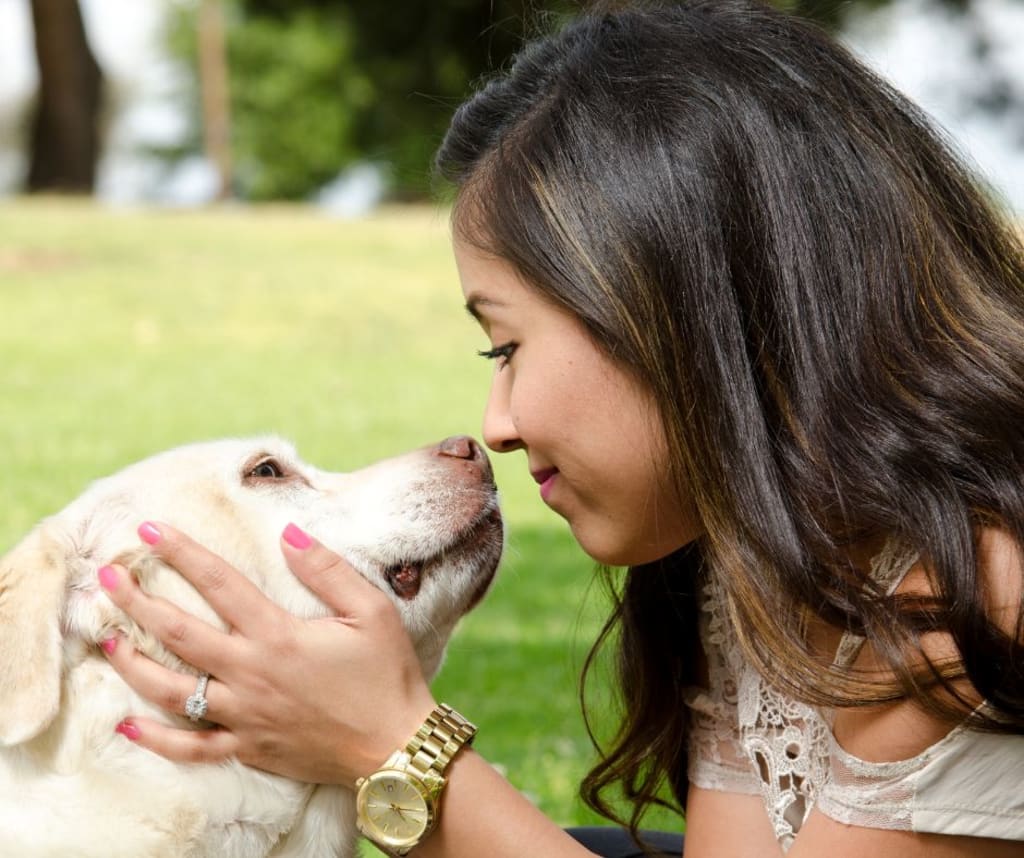Things Vet Techs (And Vets) Want Pet Owners to Know
We really want you to know and understand these things.

I wrote a series entitled Things Vet Techs (And Vets) Are Tired of Hearing. It was so popular, I couldn't help myself. I had to keep it going. If you haven't had a chance, you can read any of the other pieces in the series. These include More Things Vet Techs (And Vets) Are Tired of Hearing, Even More Things Vet Techs (And Vets) Are Tired of Hearing, and Some More Things Vet Techs (And Vets) Are Tired of Hearing.
Because of the popularity, I decided to write a new series about what vet techs and veterinarians want pet owners to know. Curious about what vet techs (and vets) really want to tell you, here are some of those things.
Dry food doesn't help them with dental problems. Most owners have always believed that they need to feed their cats dry food in order to keep their teeth clean. However, that simply isn't the case at all. The only thing that will help keep your pets' teeth clean is by brushing or giving them rawhides and other things to chew on.
Dental care is really important for our pets. Though many owners will say that they have never had their dog or cat's teeth cleaned before, the truth is that it needs to be done. Dental disease can lead to more problems in the future, such as kidney, heart, and liver disease. For this reason, you should start brushing now, and when the veterinarian says that your pet needs to have his or her teeth cleaned, make sure that you follow the recommendations.
In fact, bad breath is often a sign of dental disease. If you are concerned that your pet has bad breath, you need to get him or her seen by your veterinarian. Your pet will probably need to have his or her teeth professionally cleaned. Your veterinarian may also have to remove some teeth in order to get his or her mouth as healthy as possible.
You should NEVER give your pet a breath mint instead! Breath mints for humans often contain xylitol, which can be toxic for your pet. This may lead to an even bigger veterinarian bill, with no guarantee that your pet will make it!
You should know some common toxicities for the pets that you have. Dogs should never be allowed to have grapes, raisins, onions, or garlic. They can't have caffeine and chocolate. Xylitol, which is in breath mints and certain peanut butter, can be deadly.
Cats can't be anywhere near lilies, though they also can't have onions and garlic. Antifreeze is one thing that cats always want, but they should never have. You also should never leave any of your dog's flea medications out. This can be deadly to cats.
Both dogs and cats need to stay away from human medications and things that are put out to bait mice, rats, and even snails. These contain poison that will slowly kill your beloved pet.
Because of this, you should never give your pet any of your own medication, without a prescription. There are plenty of human medications that can be fatal for our pets. Though your vet may prescribe your pet something that you take, it is just as easy to overdose them by trying to do it yourself. And dogs should NEVER be given aspirin.
Veterinarians just want your pets to live as long as possible, by staying healthy. One way to do this is by making sure that you take care of their teeth. Dental disease can lead to plenty of serious problems, so if we are recommending a cleaning, you may just want to ask us more about it!
You should also know as much as you can about what you need to avoid. Dogs and cats can easily die if they eat something that shouldn't. And this does include some of our own medications! You should never give your dog or cat aspirin or anything else in your home, without our advice.
Previously published on Medium and/or Newsbreak.
About the Creator
Shelley Wenger
Small town country girl in southern Pennsylvania. Raising two boys on a small farm filled with horses, goats, chickens, rabbits, ducks, dogs, and a cat. Certified veterinary technician and writer at Virtually Shelley.






Comments
There are no comments for this story
Be the first to respond and start the conversation.